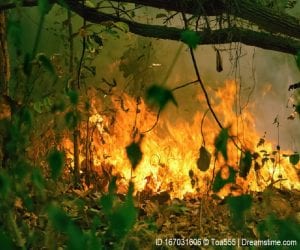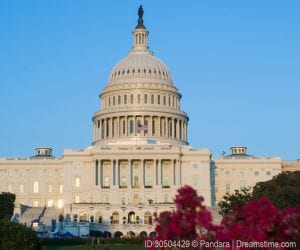In just 50 years, the world’s population has more than doubled to over 7.4 billion people. That’s more than 7.4 billion bodies that need to be fed, clothed, and kept warm, all requiring a large amount of energy. Alongside this consumption, these 7.4 billion people are also producing vast quantities of waste. Consequently, the demand for energy and the production of waste are significant producers of greenhouse gas emissions that contribute to climate change. The impacts of climate change are significant across the globe and its effects are already beginning to take place in different communities to different degrees.

Rising Seas: As temperatures heat up, seas begin to rise which ultimately threaten low-lying areas, coastal populations, and ecosystems. Rising seas also have the ability to encroach on agricultural lands resulting in soil salinity and other environmental hazards, as well as seep into freshwater sources that people may rely on for their drinking water.
Ecosystems: Many plants and animals live in areas with specific climate conditions, enabling them to survive and flourish. Extreme weather patterns, increases in temperature, and rising seas are already beginning to affect plants and animals, altering their habitat and bringing life-threatening stress and disease.
Agriculture: Although some countries may actually benefit from the changing conditions of increased temperatures and carbon dioxide, climate change is expected to negatively affect crops, livestock, and fisheries in many regions, especially due to changes in the frequency and severity of droughts and floods – ultimately impacting our food supply.
Human Health: Consequences of climate change such as rising sea-levels, extreme weather patterns, and degraded air quality directly and indirectly threaten our health by affecting the food we eat, the water we drink, the air we breathe, and the weather we experience. These impacts will fall disproportionately upon developing countries and the poorest sectors within all countries, thereby exacerbating inequities in health status and access to adequate food, clean water and other resources.
This list is far from exhaustive and there will certainly be more examples of observable climate change impacts in real time in many places. These issues affect us all and it will take significant cooperation to mitigate these challenges. The World Wildlife Fund states, “We have the knowledge and the technology to reduce our impact on the climate, and ease the pressures on the world’s most vulnerable places, people and wildlife. We just need to make it happen.”
Climate change is one of the topics for the 2016-2017 World of 7 Billion student video contest. For more information on population and climate, check out the contest background resources.




